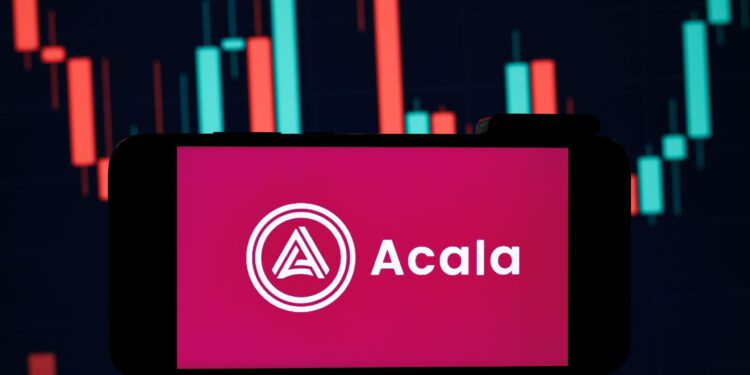On the evening of August 14, the Polkadot project Acala suffered an attack on its stablecoin aUSD. As a result, it lost its US dollar bond and fell by 99 percent to fractions of a cent. The team behind Acala was able to suspend certain operations on the blockchain to prevent the attackers from getting away with the funds.
The exploit was made possible because of errors in the configuration of a liquidity pool, Acala explains via tweet. Hackers were thus able to mine $1.3 billion worth of aUSD. The attackers have already been able to exchange a small part of it for the ACA tokens. The team identified a wallet of the attackers, which currently holds the said 1.28 billion aUSD.
By vote within the community, Acala has suspended trading on the protocol for the time being.
We have identified the issue as a misconfiguration of the iBTC/aUSD liquidity pool (which went live earlier today) that resulted in error mints of a significant amount of aUSD
1/– Acala (@AcalaNetwork) August 14, 2022
The incident again casts a shadow on the stablecoin sector. The risk surrounding algorithmic stablecoins remains a major hurdle in their successful adoption.
Stablecoins Under Attack
After the collapse of the Terra-UST stablecoin, many doubted the legitimacy of other US dollar-denominated tokens, which are decentralized and algorithmically controlled. The dollar tokens are also criticized because the collateralization is often not transparent enough. In addition, they remain vulnerable to errors in the protocol. This is also shown by the recent case of the Polkadot project Acala and its stablecoin aUSD.
aUSD is said to be the de facto stablecoin for Polkadot and Kusama, according to Acala’s website. The token is collateralized by cross-chain assets, including the domestic Acala Token and DOT. Until the hack, aUSD was able to keep its bond with the US dollar stable.
Acala was successfully launched in December 2021 as the first Parachain on Polkadot. Previously, Acala won its place in Polkadot’s ecosystem by auction with a large majority.
Acala: Polkadot declares danger banned
Similar to Cosmos, Polkadot pursues the goal of providing the control center for many blockchains connected to it, so-called parachains. For many, Acala is considered the driving force of the entire ecosystem and is trying to position itself as a leading DeFi project on Polkadot.
Polkadot praised the Acala team on Twitter for the quick access in the wake of the exploit. With the involvement of the community, the team acted quickly and decisively to block the incorrectly minted tokens on the protocol.
The Acala team reacted quickly through governance, pausing certain chain functions including transfers, thus keeping over 99% of the minted funds on Acala. The misconfiguration was also quickly rectified.
– Polkadot (@Polkadot) August 14, 2022









